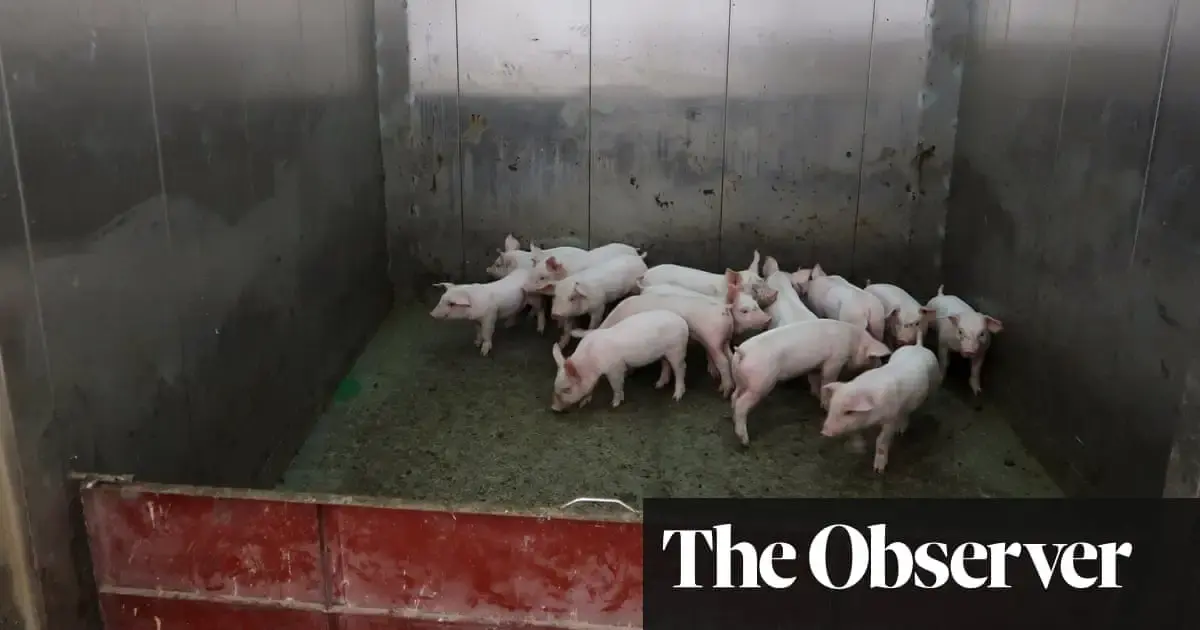The private sector arm of the World Bank is facing claims that it contributes to global heating and the undermining of animal welfare by providing financial support for factory farming, including the building of pig farming tower blocks in China.
A coalition of environmental and animal welfare groups is calling on the World Bank to phase out financial support for large-scale “industrial” livestock operations. More than $1.6bn was provided for industrial farming projects between 2017 and 2023, according to an analysis by campaigners.
Kelly McNamara, a senior research and policy analyst at Friends of the Earth US, said there was a “mismatch” between the World Bank’s commitments on the climate crisis, sustainable development and animal welfare, and its financing of intensive farming. “Expanding industrial livestock production is a threat to climate, sustainable development and food security,” she said, adding that investing in such projects put smallholders out of business and increased meat consumption, fuelling global heating.
In June last year, the IFC approved a $47.3m (£37.4m) loan to the Chinese company Guangxi Yangxiang providing capital for four multistorey industrial pig-rearing complexes and a feed mill. “There are big advantages to a high-rise building,” a company manager told Reuters during early construction of the blocks at Yaji Mountain in southern China in 2018. “The land area is not that much, but you can raise a lot of pigs.” The farms, known as “hog hotels”, can be 13 floors high.
🤖 I’m a bot that provides automatic summaries for articles:
Click here to see the summary
A coalition of environmental and animal welfare groups is calling on the World Bank to phase out financial support for large-scale “industrial” livestock operations.
Kelly McNamara, a senior research and policy analyst at Friends of the Earth US, said there was a “mismatch” between the World Bank’s commitments on the climate crisis, sustainable development and animal welfare, and its financing of intensive farming.
“Expanding industrial livestock production is a threat to climate, sustainable development and food security,” she said, adding that investing in such projects put smallholders out of business and increased meat consumption, fuelling global heating.
In June last year, the IFC approved a $47.3m (£37.4m) loan to the Chinese company Guangxi Yangxiang providing capital for four multistorey industrial pig-rearing complexes and a feed mill.
The company says on its website: “Yangxiang has created an industrial model with multifloor pig farming as the core and strives to build a high-end intelligent ‘meat factory’.”
World Bank officials say the environment and animal welfare are central to the IFC’s financing of farming projects, with policies and guidelines to ensure sustainable businesses.
Saved 70% of original text.


